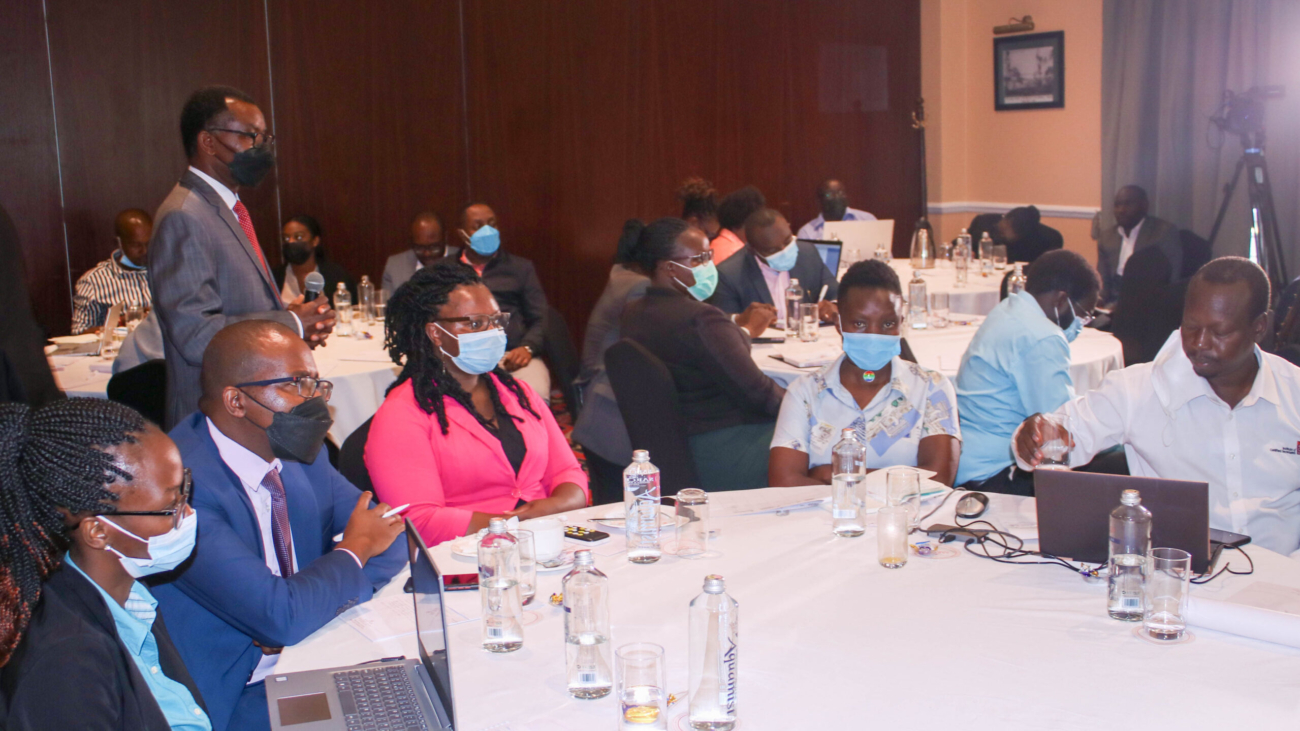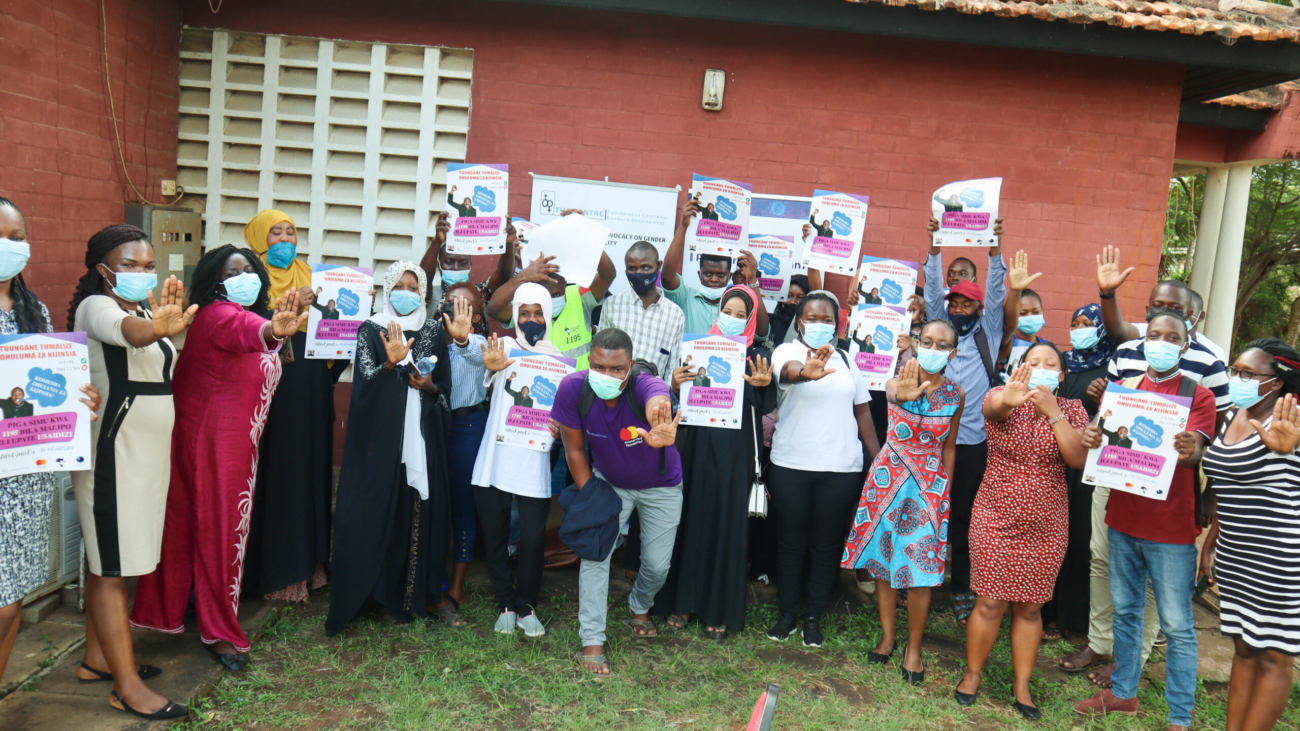Kenya is said to be leading in the implementation of the East Africa Community (EAC) consultative dialogue framework, this came out during the National Dialogue Committee (NDC) meeting convened by the Ministry of East African Community and Regional Development. The meeting was attended stakeholders from civil society organizations (CSOs),private sector organizations (PSOs), other interest such as Persons with Disabilities (PWDs) and the government aimed at identifying national issues that will be discussed during the national dialogue forum.
Speaking during the meeting held on 10th February2022, Mr. Masheti Masinjila, the Chair of the NDC lauded the stakeholders who have been implementing the East African Community (EAC) consultative
dialogue framework (CDF) since its inception. He noted that Kenya was the first country to implement the CDF as stated in the EAC law thereby creating space for the CSOs and PSOs to write issue papers and have a structured discussion with the government on the issues.
Masheti also noted that the Secretary General’s Forum has not been convened for the past 2 years owing to the break out of COVID-19 which had a major impact on the member states. However, he mentioned that this year EAC Secretary General’s Forum (SG’s Forum) will be held.
Mr. Masheti said Kenya has been very strong with youth participation during the SG’s Forum. He called upon the youth to put their agenda on the paper so that they can present it during the upcoming SG’s Forum.
Mr. George Barasa, Assistant Director of Social Affairs in the Ministry of East African Community and Regional Development attributed the collapse of EAC to a lack of participation of Civil Society Organizations (CSOs) as the partnership was viewed as the head of state affairs. However, Article 127 of the Treaty establishing EAC resolved the issue by allowing the participation of CSOs, Private Sector Organizations (PSOs) to be part of the integration agenda in the EAC.
“Through CSOs and PSOs participation in the EAC integration agenda, some policies such as the EAC Youth Policy and Youth Ambassadors Forum were established through a forum such as the National Dialogue Committee and National Dialogue Forums,” he said.
Mr. Barasa also mentioned that one of the major challenges facing the integration was the outbreak of COVID-19 which had a major impact on the business community, and women cross-border traders while other challenges include – harmonization of taxation policies in the region and disparities in terms of development of infrastructures.
The Chairperson of the East Africa Civil Society Organizations’ Forum, Mr. Morris Odhiambo noted that National Dialogue Committee (NDC) was extremely important, due to the fact, that it is at the NDC where the agenda-setting process begins.
Adding that the CDF structure recognizes the existence of the NDC which sets the agenda for the National Dialogue Forum (NDF) which is convened every time there is a need for dialogue or presentation on issues that have been agreed on by the NDC.
Mr. Odhiambo further stated that the issues from specific countries are escalated to the Regional Dialogue Committee (RDC) which picks up the issues and ends up becoming the agenda at the RDC. From the RDC the issues are further discussed at the SGs Forum which is the final stage of the dialogues.
“The CDF is like a one-stop shop where policy issues are discussed and rationalized, decisions are made in terms of policy issues as well as the administration issues which are then handled by the EAC Secretariat,” he said.
The CDF is meant to ensure that the integration process proceeds with the involvement of the citizens of East Africa Partner States. It is undertaken in the context of multi-stakeholder partnerships to ensure that the objectives of widening and deepening cooperation among the partner states in political, economic, social, cultural, health, education, science and technology, defense, security, legal and judicial affairs is achieved for the benefit of the people of East Africa.



